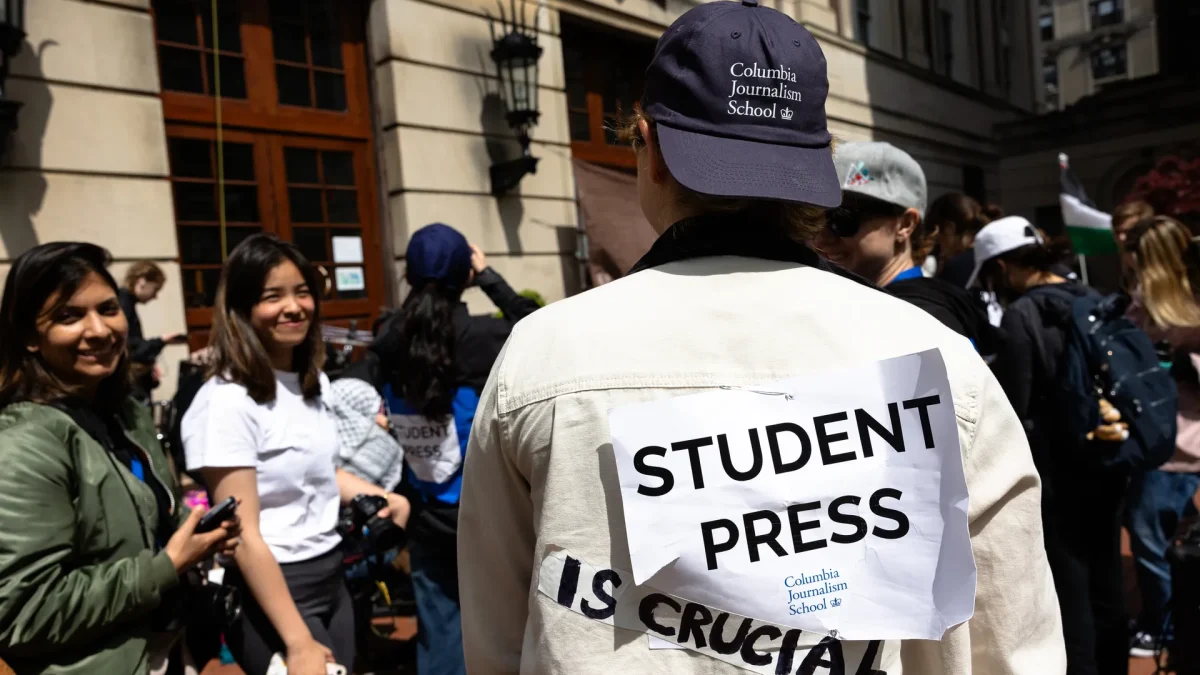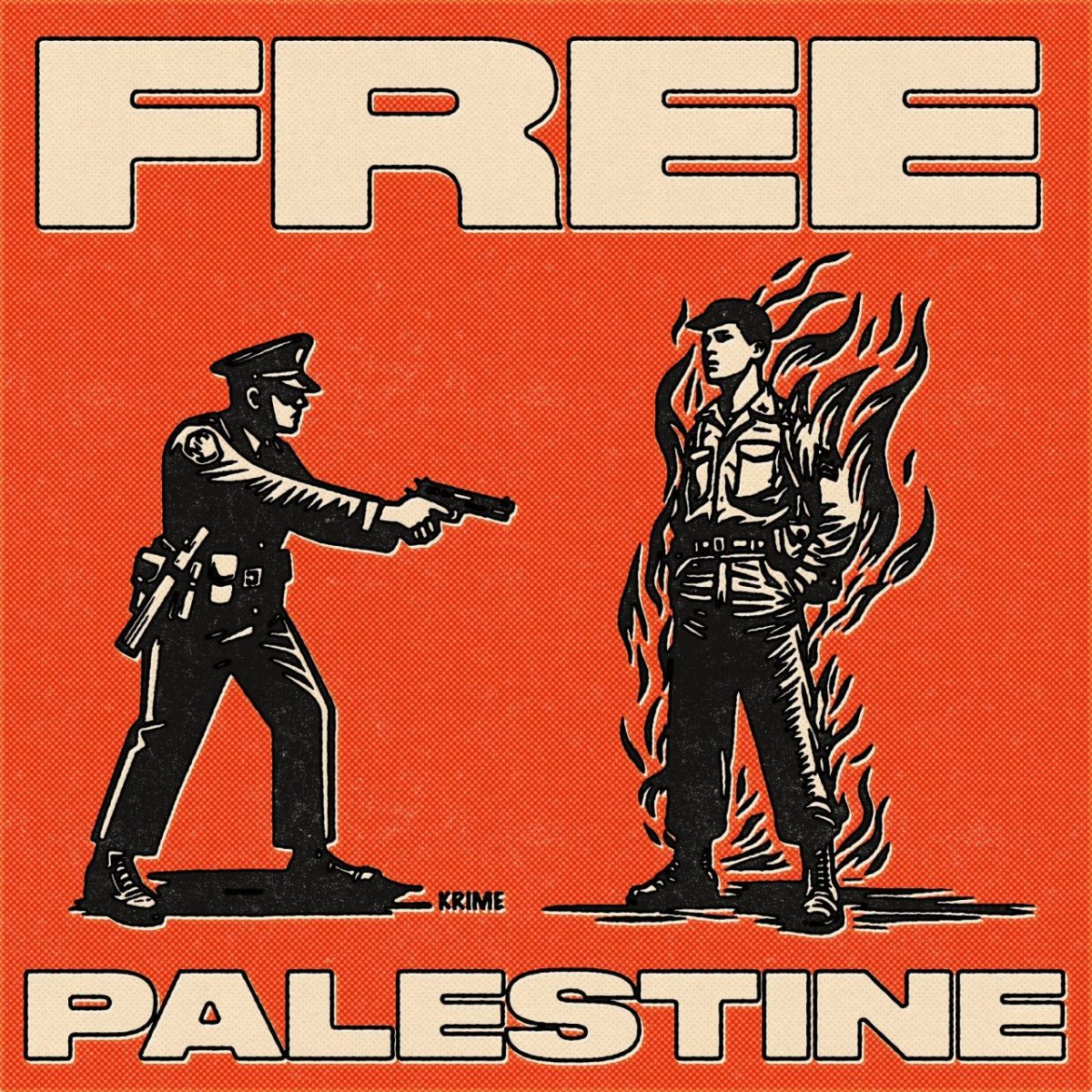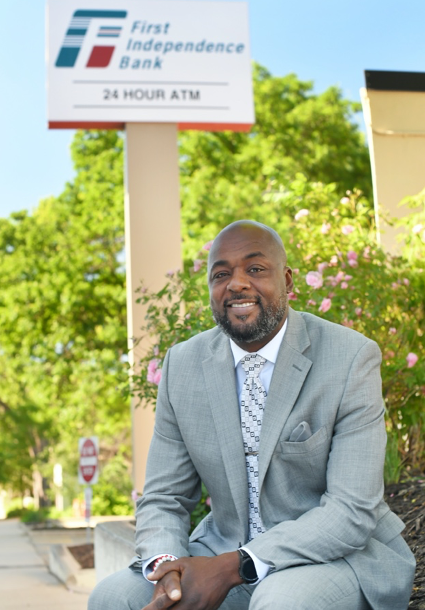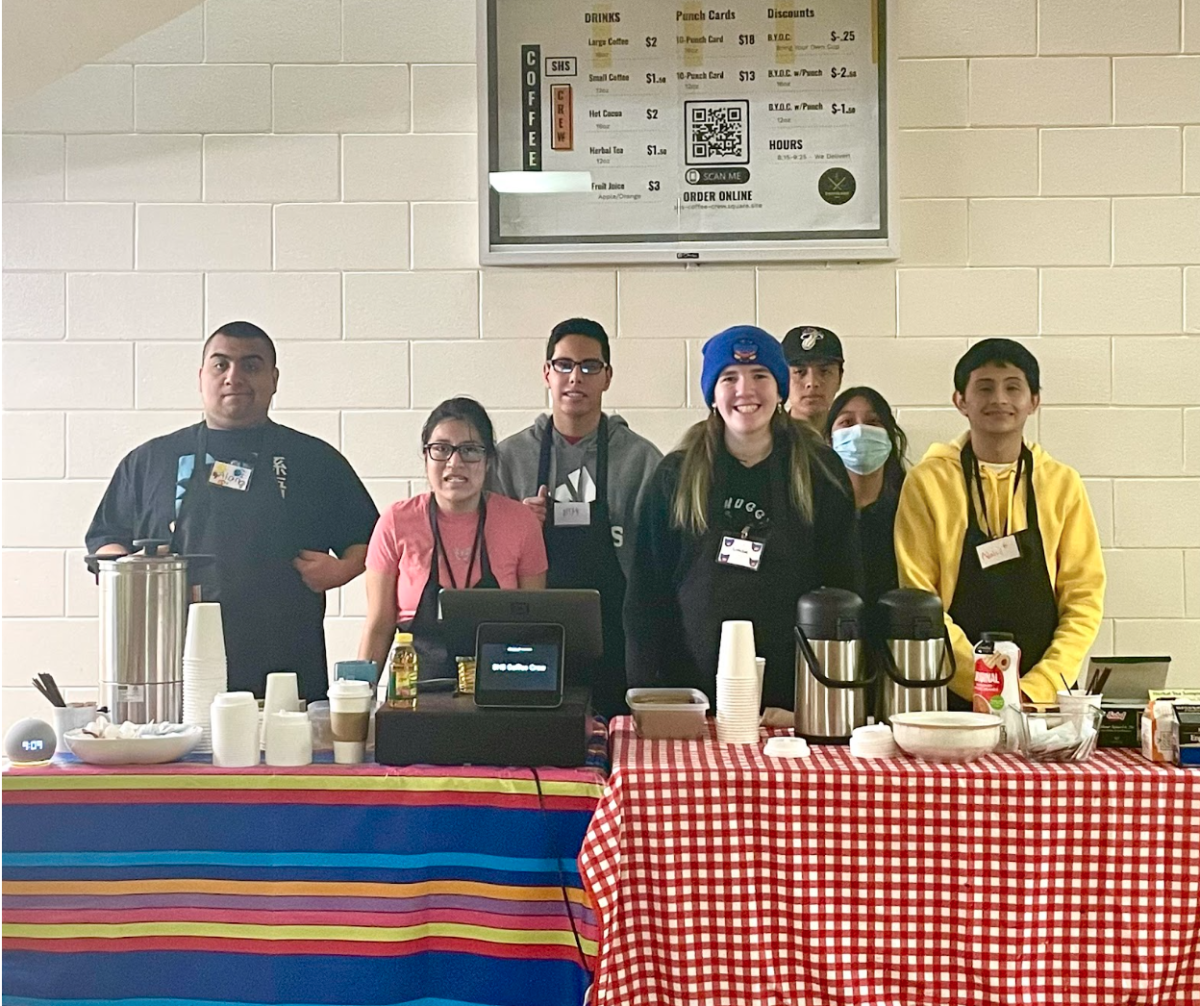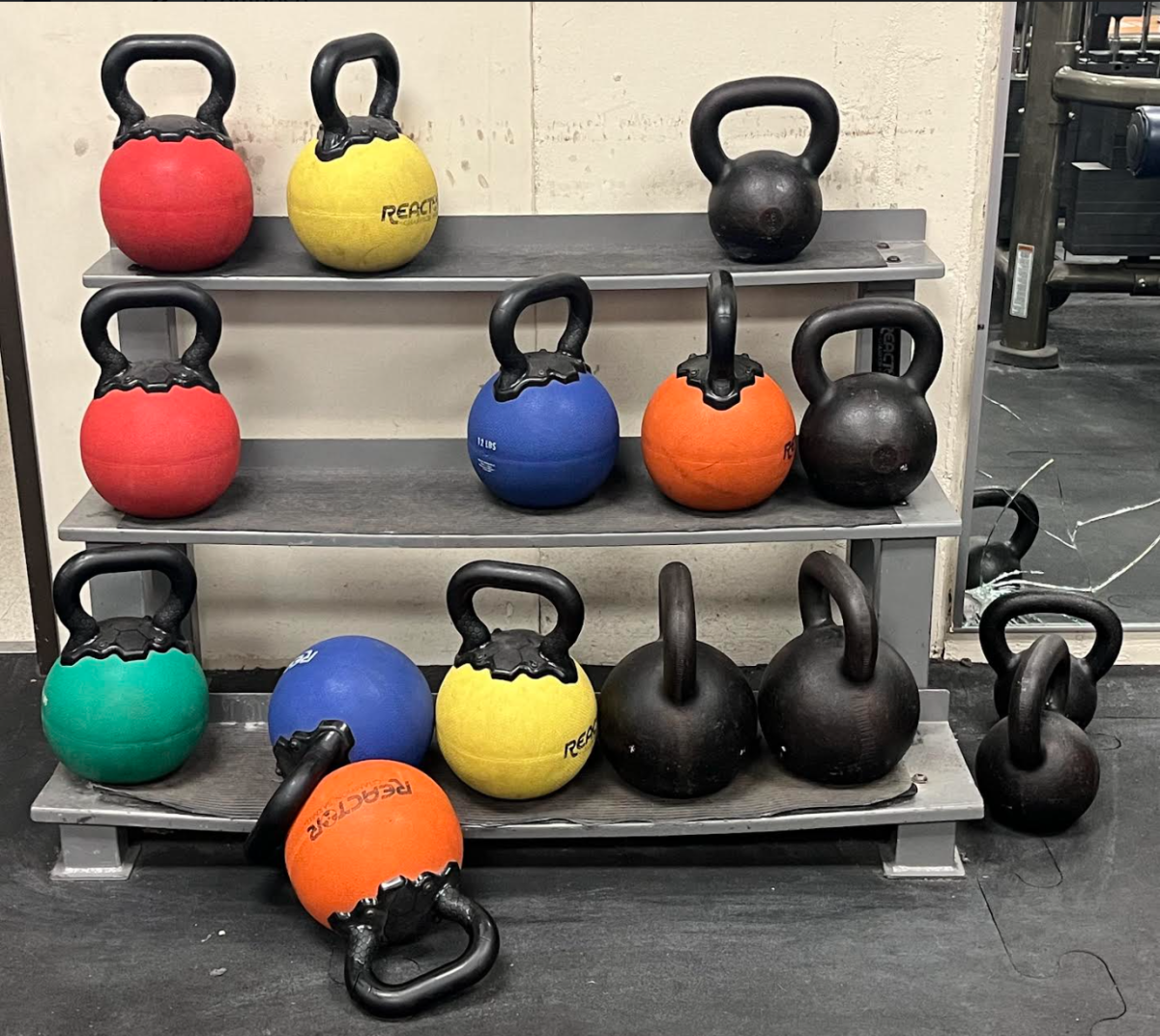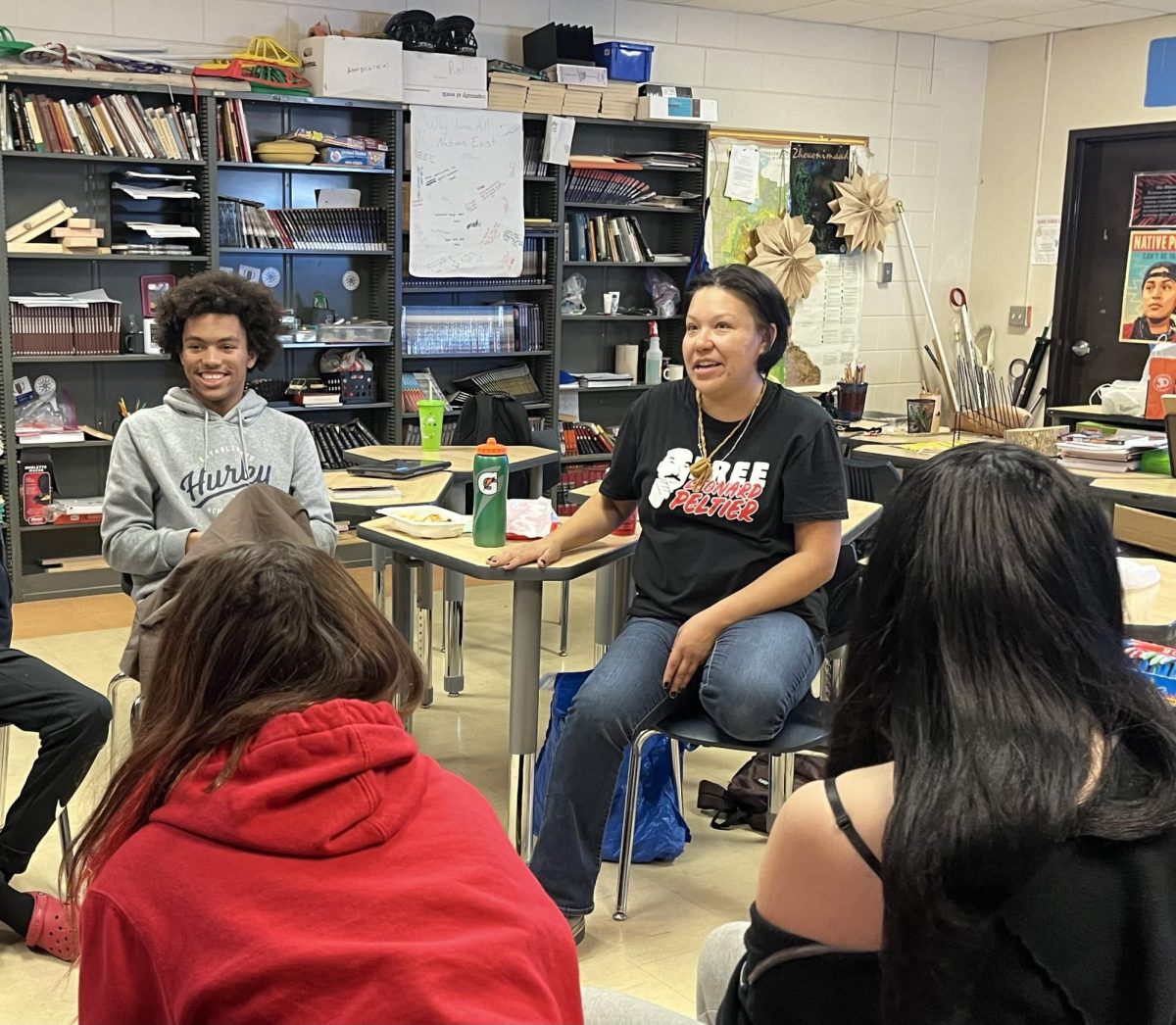“As a Somali person in Minnesota, I am not doing enough to help back to my people in Somalia,” said Abshir Suldan. Suldan is Halal Deli owner and a member of the Hawiye clan, which is located at the Southern area of Somalia. Suldan participates in fundraisers and is a strong believer in spreading the news of the on going disaster in Somalia.
The United Nations (U.N.) officially declared famine in two parts of Somalia: the Bakool and Lower Shabelle areas, drought being a leading factor to these areas of emergency. The Bakool area is just north of the capital city of Mogadishu and the Lower Shabelle area is just southwest of the capital. The U.N. is delivering supplies to these places but not all of the people are being reached, because the Al-Shabaab is not allowing U.N. intervention.
The Al-Shabaab is a branch of the Mujahideen which means Youth Movement. It is suspected that the Al-Shabaab is a sub group of Al Qaeda by the United States. “I think the Al-Shabaab are really ignorant and selfish because they use religion to gain power and eventually try to take over the country,” said senior Hussein Abdullahi.The Al-Shabaab occupies the lower end of Somalia, where the droughts are occurring. The U.N. has reported many attacks from the Al-Shabaab, while attempting to deliver supplies to the ones in need of it, recently with the help of the African Union.
“My parents usually send money back and participate in fundraisers to help support them,” explained Abdullahi. A large part of the people that live in Somalia are without relatives in the Western world and attempting to move out of Somalia. This is a challenge, since obtaining a visa to come to the United States is not only a lottery, but also very expensive. “It is usually the families that don’t have relatives that live in either the United States or the United Kingdom that are suffering from this famine, and we try to help them as much as we can,” said Abdullahi.
Parts of the neighboring country of Ethiopia are currently under emergency conditions due to the famine next door. Due to the large amount of help needed in Somalia, the U.N. World Food Program in Ethiopia reported that Ethiopia’s emergency food stock was almost at zero this past summer.
Even though, there is a difference in ethnicity, Ethiopian students at South have feelings of melancholy towards the famine. Senior Abdulfatha Sameru said, “even though I am not Somali, I feel sad for them and the situation they are currently in because as Africans we must stay together.”
Somalis are all different types of clans. Major clans include the Darod, Dir, Hawiye, Issaq, Rahanweyn and there are many more. Darod live in the north, the Dir live in the northwest and parts of Djibouti, the Hawiye people live in the central and southern areas, the Issaq live in the northwestern area, and the Rahanweyn live in the Bakool area.
Junior Mubashir Jeilani said, “[my family is] not directly affected by this drought but some of our people in our tribe are and my family in the United States does our best to not only help my blood family but also my tribal family because we are all the same people.” Tribes in Somali culture often stand together as a family rather than just a group.
Jeilani even went on to say “Even though I don’t know all of my tribal family, I have been taught to treat them as my immediate family.”
Somalia is currently populated by many militias that try to fight off the U.N. in order to help stop the famine without support from the outside world. The militias are believed to have some connections to the Al-Qaeda and that is the reason they haven’t wanted any support from the U.N.
Senior Abdullahi Salim stated, “I am not directly affected by the results of the famine, but whenever I see someone wasting food or say ‘this is nasty’, it just makes me feel sad for my people.”
Organizations such as UNICEF strive to educate individuals about world crisis through various resources. One being a website designated towards drought relief in Somalia, which offers the opportunity to donate. With the hope of one day eliminating famine, Suldan shared, “we must teach the youth, god willing, they will eventually help my homeland.”

